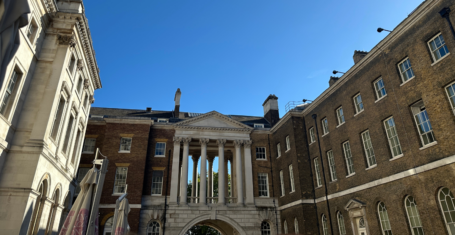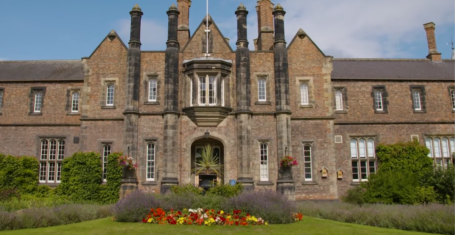The guidance has been criticised as ‘ideologically driven’
The University of Liverpool has been criticised for being “divisive” after it advised lecturers to “problematise” whiteness and heterosexuality in their seminars.
In advice given to staff last week, the university provided guidance on how to “diversify” and “decolonise” the history curriculum.
The guidance has since been branded as “divisive” and “ideologically driven”, The Telegraph reports.
Entitled History Curriculum Diversity Audit, the report encouraged staff to “think creatively” about ways to bring questions of race and gender into the topics they teach.
As such, the guidance asked staff: “Can a module that teaches exclusively about race relations do more to problematise and de-centre whiteness?”
History lecturers were told how their courses on gender currently fail to adequately address “queer history”, with the report explaining that the university does not currently provide any seminars which “problematise heteronormativity”.
This “diversity audit” further addressed BAME women and non-binary scholars on reading lists, explaining that lecturers must discuss the diversity of reading lists on every module that is taught.
However, one lecturer at the University of Liverpool, who requested to remain anonymous, said that it is wrong to have an “agreed ideology” in which shouldn’t be questioned. They said: “It’s all ideologically driven, namely Empire is bad. But it’s the wrong way to approach history.
“Historians should have the freedom to teach what they believe is true rather than having an agreed ideology that you’re not supposed to question. Also, I’m not quite sure how we are supposed to problematise whiteness.”
Another lecturer from the University of Exeter, Dr Edward Skidelsky, also criticised the university’s guidance. He said: “It’s not the business of universities or university departments to tell lecturers to ‘problematise heteronormativity’ or to ‘de-centre whiteness’, whatever that means.
He continued to explain how decisions imposed on departments within the institution were imposing: “University departments should be free to make strategic decisions about teaching and assessment, but they should not impose controversial ideological positions on their members.”
Similar criticism was heard from Dr Alka Sehgal Cuthbert, director of Don’t Divide Us, a pressure group which promoted “colourblind anti-racism”.
She explained how decolonising has morphed into an “aggressive” ideology which has compromised a lot of important academic study. She said: “Non-activists who want an easy life need to realise decolonising has nothing to do with addressing discrimination or unequal access, nor is it about expanding knowledge.
“Any positive insights it may have once had regarding disciplinary blind spots or neglected past works, have long gone.
“It has morphed into an aggressive and illiberal political ideology that promotes divisive, epistemologically weak concepts like ‘whiteness’ and seeks to impose its narrow, highly speculative interpretation at the expense of genuine academic study that depends on exploring different viewpoints.”
A University of Liverpool spokesperson said: “We are absolutely committed to an inclusive experience for all our students. Reviewing our curricula to ensure content is reflective of cultural, historical and societal contexts is an important part of this commitment.
“Following recent fruitful and positive conversations within our history department about decolonising the curriculum, a 2020 audit was circulated to colleagues to prompt further thought and discussion. A final decolonisation framework, once developed and agreed, will be a useful and important guide for staff in the development of their modules and, as always, colleagues will retain full academic freedom in how this is best applied.”
Featured image via Google Maps



















